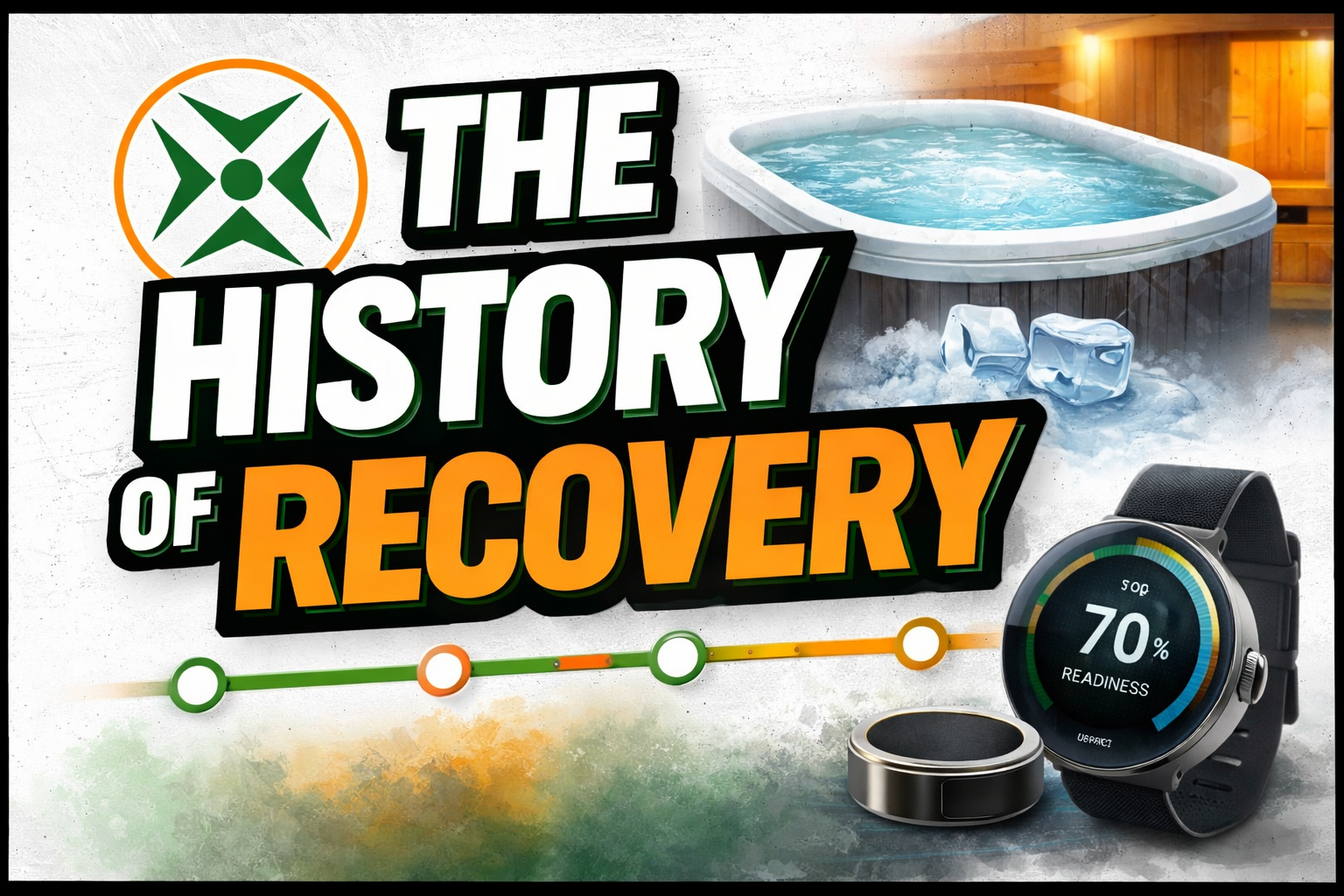How To Get Motivated
How to Get Motivated
By: Mike Collette (Owner of Prototype Training Systems )

Here’s the truth:
Professional athletes aren’t more motivated than you are.
Olympic athletes don’t just “want it more.”
The most successful people in the world have the same struggles with motivation that you do.
The difference?
They know HOW to get motivated to take action (and what to do when they don’t feel motivated at all).
Ask anyone you know who you may consider incredibly fit: Sometimes they don’t feel like working out. And those people you see in the magazines and on Instagram? They want to eat a whole pizza and ice cream too.
So how are they still able to work out and stay motivated? Why are they on top of their nutrition and sleep when they might not feel like it?
I talk about it below—and the great news is that you can use the SAME strategy they do.
- Get a Coach or a Personal Trainer.
You may be reading this and think “I don’t need a coach, I can do this myself”. Well, we all need to be accountable to an objective third party. Think about all the elements of your life! When it comes to fitness though, your wife, husband, girlfriend, boyfriend will let you off the hook. Your co-workers might not actually want you to succeed. And your friends want what’s best for you, but love you the way you are.
You need someone to:
- Remove the barriers. Like what you need to do!
- Get results FAST (you’ll see why in the next step)
- Hold you accountable. You can “ghost” someone over text, but you can’t miss appointments.
- Provide a “pain” for failure. That means you have to pay for coaching. If you don’t, there’s no real penalty for failure … and you’ll backslide.
Get results faster. Our brains are wired to reward quick wins and novelty. If we don’t see results quickly, we lose motivation. It’s science.
It’s key for someone to remind us, “You did really well at X”. Apps like Whoop and Garmin Connect are great at giving you little rewards when you accomplish something for the first time. But a coach will acknowledge the wins and remind you of them to keep you going.
- Set up a short-term “challenge”
for yourself … but have a plan for after the challenge ends.
The 21 Day Challenge we recently completed at Prototype or the #LevelUp45 challenge (which is coming soon!) is a great motivator and to get you started. But most people drop off the edge when it ends, and many people can get set back further if they feel they weren’t successful. In our experience, people who do short-term diets (insert fad diet) usually gain back the weight they lost and far more. The unsustainable nature of the diet, plus the avoidance of certain foods, can create binging and additional weight gain.
You can do the challenges and the short term diets if that’s what it takes. But have the second step all lined up and ready to go before you take the first.
Again, a coach can build this plan for you.
- It will eventually become a habit. It won’t always be hard to go to the gym, or shop for groceries, or prep your meals. It WILL get easier, but only if you keep the habit going. There is no set number but it usually takes around 90 days for our behaviors to become habits and then a few more months for our habits to become traits. In other words, “just what we do”. An example of this would be walking 10,000 steps per day. It might be tough at first but once you get into a routine, you won’t want to break that streak!
- Track everything.
Track your workouts.
Track your PR’s! Write down what you eat. Share your wins (we do Bright Spot Fridays!)
Track your sleep (I used WHOOP ).
See how they all tie together.
If I sleep less, I want more caffeine or stimulants. When I drink more caffeine, I tend to eat less, and my energy drops.
When I eat less, I lose motivation to work out because I lack the energy. When I don’t work out, I don’t manage stress well and I get irritable. And when I get irritable and stressed, I sleep less and can’t think as clearly.
Then I get frustrated, depressed, and upset.
(That’s just me…but I know some of you can relate.)
- Use your tools to plan. For example, instead of just putting today’s food in MyFitnessPal before bed, enter all of your meals in MyFitnessPal in advance. This is what our nutritionists at Prototype Nutrition prescribe to many of their clients. To hit your macro goal for the day, just add or subtract carbs, fats, and protein to make your macros, and voila – you have a food plan for the next day! This strategy is proven to work, you just need to stick with what you plan to eat! Remember, your coach can check your MyFitnessPal : )
- Check your progress.
Look, you’re not going to set a new PR on every workout. Maybe in the beginning but life doesn’t work like that, it’s not linear. But does that really matter? What really matters is consistency. People who show up every day, even if they put out 50% of their best effort, get better results than people who crush it once a week. This matters!
The people who are “all or nothing” usually get amazing results, and then they stop and put the weight back on. Or they get strong, and then they get injured. The people who show up for their appointments, CONSISTENTLY, get strong, lean, and happy for life. This is what we all want, right?
I want you to know this: The days when you feel the LEAST motivation are the days you’ll get the BEST results. All you need to do is show up.
“Consistent, imperfect action always wins.”
Inspiration provided by Chris Cooper at Catalystgym.com .
The post How To Get Motivated appeared first on Prototype Training Systems.
Previous Blogs


Climb to New Heights
Prototype Training Systems is more than a gym - it is a lifestyle. Join us today!


